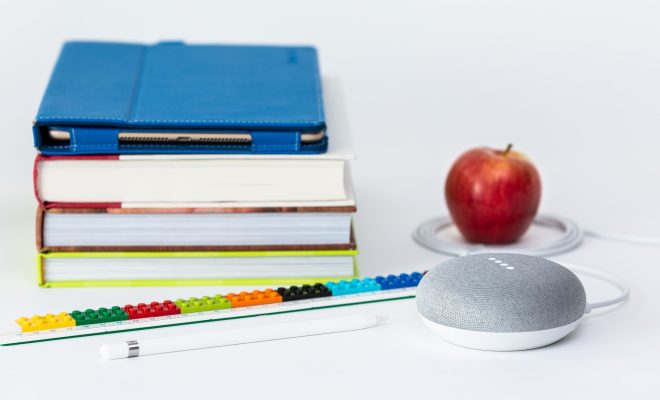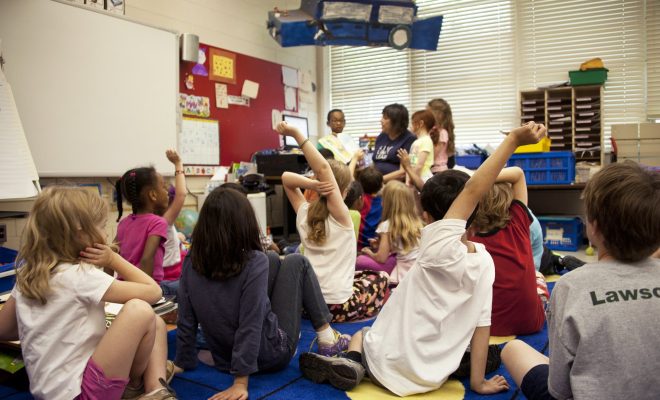What is a Suffix?

A suffix refers to a group of letters placed at the end of a (base) word, which ends up changing the meaning of the word. Common suffixes include -or, -er, -ity, -ment. Sometimes suffixes also change the spelling of the original word. When adding a suffix, one may need to double the last letter. For instance, when adding the suffix -ed to the word “drop,” one also doubles the p, and it becomes “dropped.”
Some suffixes have particular uses. Adding “ed” can change the tense of a verb (e.g., “jump” to “jumped”), while adding “ing” can transform a noun into a verb (e.g., “garden” to “gardening”). The addition of the suffix –ly changes an adjective into an adverb (e.g., “decent” becomes “decently”). If the base word ends with “y,” the “y” turns into “i,” and then –ly is added to it (e.g., “happy” becomes “happily”). If a word ends with “le,” the “le” is dropped, and –ly is added (e.g., “horrible” becomes “horribly”).
The addition of the suffixation changes a verb into a noun (e.g., “inform” becomes “information”). If a word ends with “ve,” “ne,” or “re,” the “e” is dropped, and –ation is added (e.g., “prepare” becomes “preparation”).
The addition of the suffix –ous changes a noun into an adjective. The suffix –ous means “being full of a particular quality” or “having the quality of.” When –ous is added to a word that ends with “e,” the “e” is dropped (e.g., “adventure” becomes “adventurous”). When –ous is added to a word ending with “y,” the “y” is replaced with “i” (e.g., “fury” becomes “furious”). When –ous is added to a word ending in “our,” “our” becomes “or,” and then –ous is added (e.g., “humor” becomes “humorous”).
When adding a suffix to a word ending in “fer,” one should say the word aloud after adding the suffix. If the –fer still sounds stressed, the r should be doubled (e.g., preferred). If the –fer isn’t stressed anymore, it should be left as a single r (e.g., preferable).
Teachers should also tell children about comparatives and superlatives and the way they’re formed using suffixes (e.g., small, smaller, and smallest).
When children become able to understand the meaning of different suffixes, they look at words with those suffixes and try to comprehend how the meaning is incorporated into these words. It helps to broaden their vocabulary that they can incorporate into their writing. It also helps them learn the spelling of new words.






